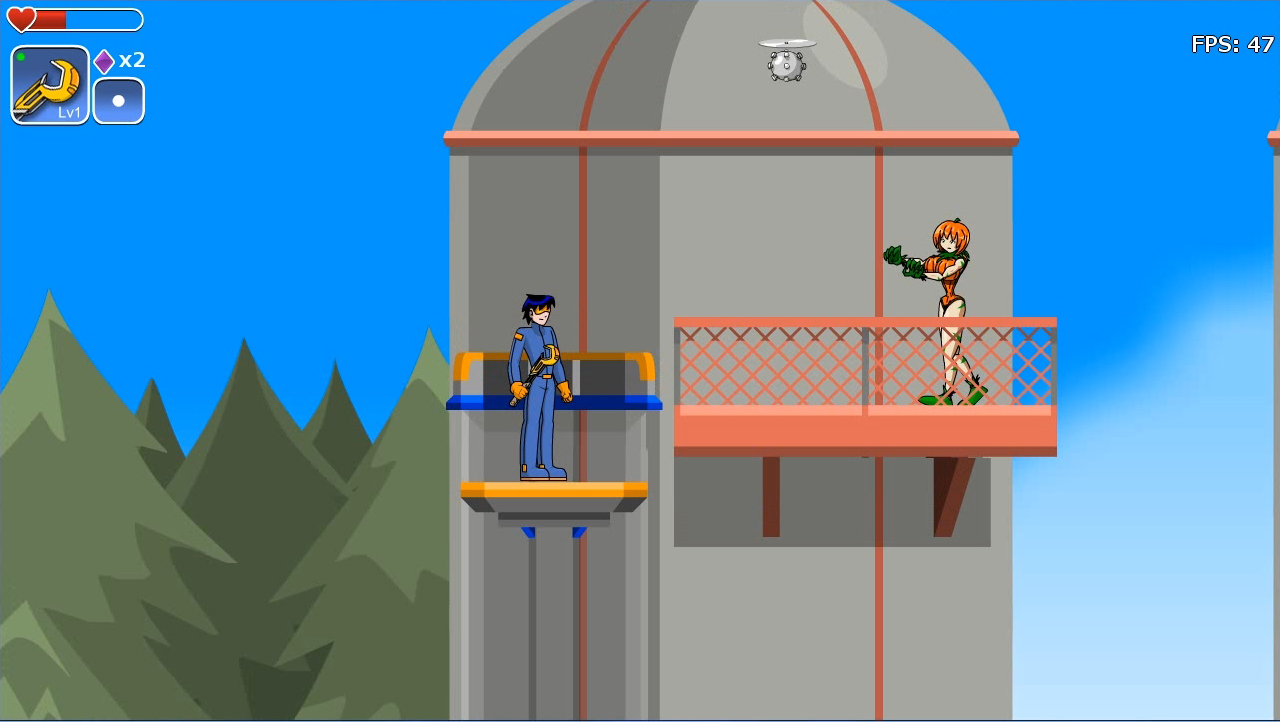

Specific to TBI, existing pre-clinical data indicates that head injuries can cause structural and functional damage to the GI tract, but research directly investigating the neuronal consequences of this intestinal damage is lacking. Conversely, emerging data suggests that the function and health of the CNS is modulated by the interaction between 1) neurotransmitters, immune signaling, hormones, and neuropeptides produced in the gut, 2) the composition of the gut microbiota, and 3) integrity of the intestinal wall serving as a barrier to the external environment. In addition to local enteric signals originating in the gut, it is well accepted that gastrointestinal (GI) physiology is highly regulated by innervation from the CNS.

Specifically, we will examine the extent to which the bidirectional influence of the gut-brain axis modulates the complex biological processes occurring at the time of traumatic brain injury (TBI) and over the days, months, and years that follow. This article will aim to expand the scope of this rapidly evolving field of research beyond the confines of the central nervous system (CNS). Given the extraordinary rate at which our collective knowledge of neurotrauma has grown, new insights may be revealed by examining the existing literature across disciplines with a new perspective. As head injuries and their sequelae have become an increasingly salient matter of public health, experts in the field have made great progress elucidating the biological processes occurring within the brain at the moment of injury and throughout the recovery thereafter.


 0 kommentar(er)
0 kommentar(er)
